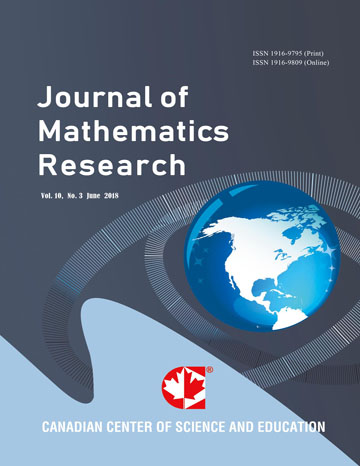On the Implications of Ignoring Competing Risk in Survival Analysis: The Case of the Product-Limit Estimator
- Joseph Acquah
- Senyefia Bosson-Amedenu
- Eric Justice Eduboah
Abstract
Although the Kaplan-Meier (KM) is a single event model, it is frequently used in literature with datasets that are assumed to be cause-specific without any proper verification. It is crucial to evaluate the implication of this on the probability estimates. This study compares the estimates of the cumulative incidence functions to the complement of the product-limit estimator (1-KM). The KM was found to inflate probability estimates when the dataset is unverified for competing risk. Estimates with lower standard errors and a larger area under the Receiver Operation Characteristic (ROC) curve were related to datasets verified for competing events, while estimates with datasets unverified for competing risk had lower area under the ROC curve and higher standard errors. The results support the idea that since the product-limit estimator is a cause-specific model, it naturally performs better for a single event model than in the case of several events; hence, it is necessary to verify the dataset for competing events. The findings of this study clearly suggest that before choosing a modelling strategy, one should confirm competing risks in the survival dataset.
- Full Text:
 PDF
PDF
- DOI:10.5539/jmr.v15n5p1
Index
- ACNP
- Aerospace Database
- BASE (Bielefeld Academic Search Engine)
- Civil Engineering Abstracts
- CNKI Scholar
- DTU Library
- EconPapers
- Elektronische Zeitschriftenbibliothek (EZB)
- EuroPub Database
- Google Scholar
- Harvard Library
- IDEAS
- Infotrieve
- JournalTOCs
- MathGuide
- MathSciNet
- Open policy finder
- RePEc
- ResearchGate
- Scilit
- Technische Informationsbibliothek (TIB)
- The Keepers Registry
- UCR Library
- Universe Digital Library
- WorldCat
Contact
- Sophia WangEditorial Assistant
- jmr@ccsenet.org
